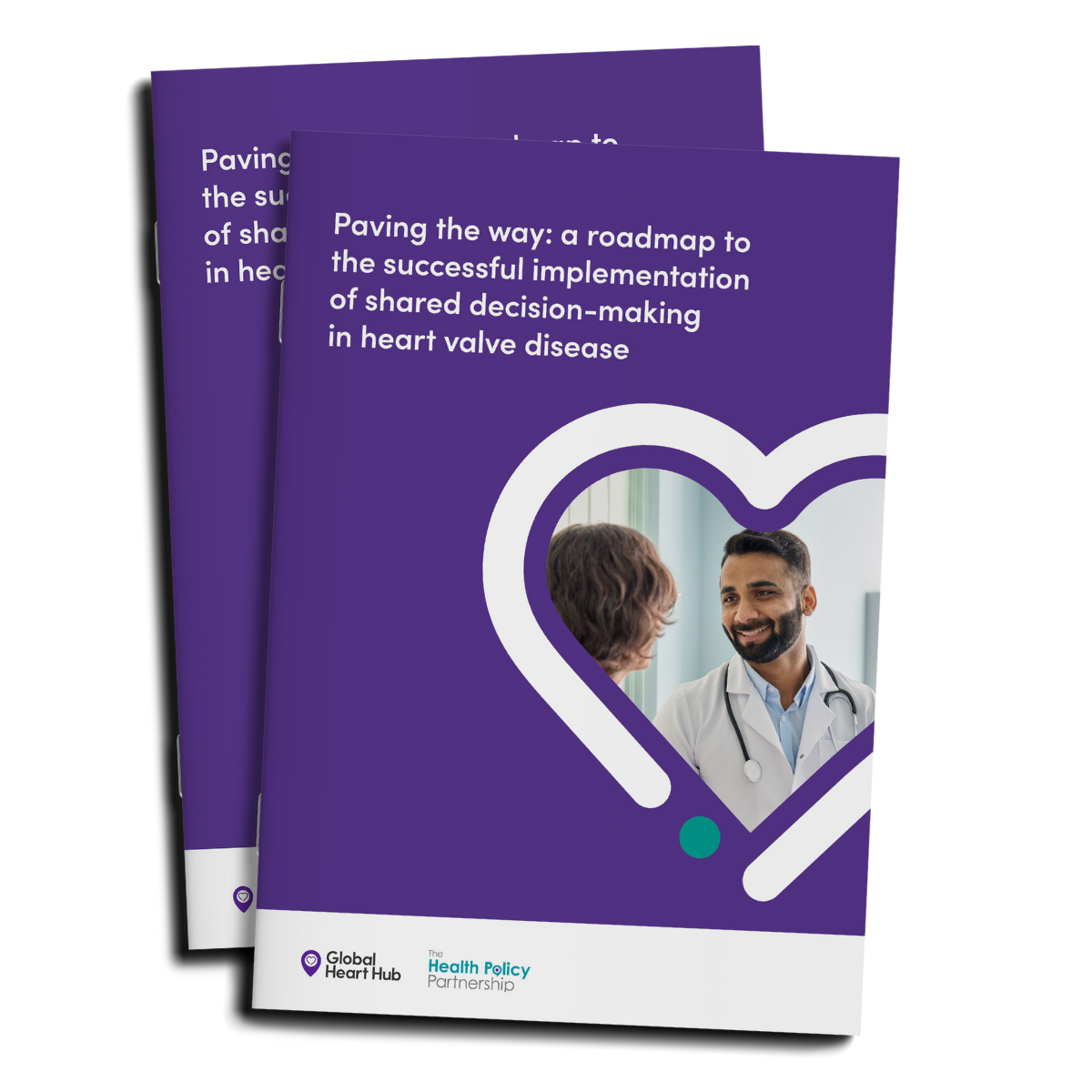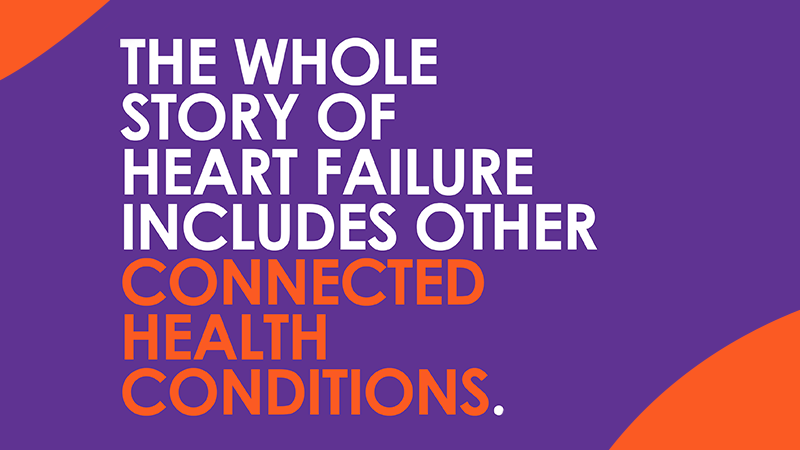International experts join forces to assist patient organisations in driving the effective implementation of shared decision-making for heart valve disease
 To coincide with PCR London Valves 2023, Global Heart Hub, the international alliance of heart patient organisations, has published an implementation roadmap aimed at patient organisations, healthcare professionals and advocates. The roadmap provides the knowledge and guidance needed to make shared decision-making a reality for people living with heart valve disease in their countries.
To coincide with PCR London Valves 2023, Global Heart Hub, the international alliance of heart patient organisations, has published an implementation roadmap aimed at patient organisations, healthcare professionals and advocates. The roadmap provides the knowledge and guidance needed to make shared decision-making a reality for people living with heart valve disease in their countries.
Paving the way: a roadmap to the successful implementation of shared decision-making in heart valve disease was developed following a patient-led, consensus-driven roundtable collating insights from 19 international, multidisciplinary experts. This included people living with heart valve disease, cardiac surgeons, cardiologists, researchers and nurses. The roadmap, developed in partnership with The Health Policy Partnership, seeks to deliver a clear path for implementing shared decision-making for people living with heart valve disease. Additionally, the roadmap supports national patient organisations in their work with other key stakeholders, advocates and decision-makers to accelerate change.
Neil Johnson, Executive Director of Global Heart Hub, said: “Shared decision-making plays a crucial role in improving the quality of life for people with heart valve disease, ensuring they are able to make the best decisions for themselves in line with their preferences and personal life goals. We were delighted to host a roundtable – attended by experts from around the world, representing all heart team stakeholders and co-chaired by someone living with heart valve disease and a clinical expert– to develop this compelling, consensus-driven roadmap that can facilitate advocacy in different countries and settings.”
Heart valve disease is a common, serious yet treatable condition that is often associated with ageing. It is the name given to any malfunction or abnormality where one or more of the heart’s four valves does not open or close as it should, affecting the flow of blood through the heart. Up 13% of people over the age of 75, and 2.5% of the general population, are thought to be living with this disease. 1
People who are diagnosed with heart valve disease are often presented with a range of different treatment options, which can make it difficult to make decisions about which treatment to have. Currently, shared decision-making is rarely embedded in patient pathways despite being shown to greatly improve quality of life and patient satisfaction. This can lead to people feeling anxious and unsure of their options – sometimes even doubting they have made the right decision.
Sandra McGonigle, who lives with heart valve disease, co-chaired the international specialists multidisciplinary roundtable and contributed to the roadmap, said: “Receiving a diagnosis of heart valve disease can feel very scary and overwhelming, especially when people like me have to make such an important decision about which treatment option to go with. When I was first diagnosed, shared decision-making wasn’t embedded in my care Paving the way: a roadmap to the successful implementation of shared decision-making in heart valve disease process. It would have empowered me to be more involved in the care I was receiving and would have alleviated a lot of the worry I felt at the time.”
Most treatment options for heart valve disease involve a device to either repair or replace the diseased heart valve(s). This requires the person to think long-term and make a considered choice, which can make treatment decisions overwhelming and burdensome. While shared decision-making is being rolled out in some settings, until now there has not been a consensus-driven guide for patient organisations, healthcare professionals and advocates to build from.
Dr Sandra Lauck, a cardiovascular nurse from Canada who also co-chaired the roundtable and contributed to the roadmap, said: “Ensuring that shared decision-making is available to every person living with heart valve disease is vital for good healthcare and improved patient experience. This makes this roadmap a much-needed step in the right direction. We need passionate stakeholders everywhere to come together to improve heart valve care across the globe.”
The authors of the roadmap hope to drive change and ensure best-practice shared decision-making is available for people living with heart valve disease in all countries across the world.
Download the Roadmap now at: globalhearthub.org/SDM-Roadmap





